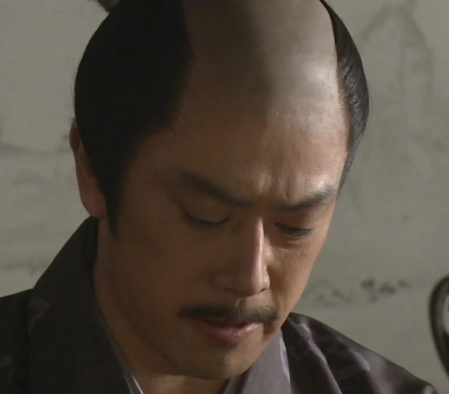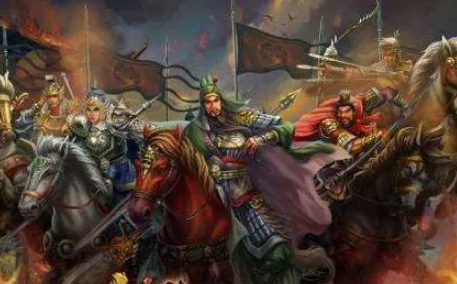In Chinese history, the political struggle during the Warring States period was extremely fierce, among which the internal disputes in Qin were particularly prominent. As an outstanding general of Qin, Bai Qi's military talents were unparalleled, but he met a tragic end under the rule of King Yingji of Qin. This article will explore the reasons why Yingji killed Bai Qi, revealing the power struggle and political suspicion behind this historical event.

I. Bai Qi's Military Achievements
Bai Qi is one of the most famous generals in Qin's history. He created miracles in wars, especially when he defeated Zhao in the Changping Battle, laying the foundation for Qin's dominant position. However, it was these brilliant achievements that laid the groundwork for his tragedy.
II. Threat to Power
Bai Qi's military talents and prestige in the army made him have a high influence in Qin's internal affairs. This posed a potential threat to any ruler. Yingji may have worried that Bai Qi's power was too great, posing a challenge to his throne, especially when there were political differences, Bai Qi's influence could shake the royal decisions.
III. Deepening Political Suspicion
During Qin's expansion, Bai Qi advocated continuing to attack Han, while Yingji believed that they should turn to attack Chu. Bai Qi's persistence led to intensified conflicts with Yingji. In the game of power, Bai Qi's persistence was not only seen as disrespect for the throne but also as a challenge to the authority of the monarch.
IV. Consequences of Decision-making Mistakes
In the end, the Qin army suffered a major defeat in the battle against Chu, confirming that Bai Qi's strategic judgment was correct. This made Yingji feel embarrassed in front of his ministers, deepening his suspicion and dissatisfaction with Bai Qi. In this situation, to maintain his authority, Yingji decided to eliminate Bai Qi.
V. Historical Evaluation
Historical judgments are often complex and changeable. Bai Qi's death, on the one hand, reflected the cruelty of political struggles in the Warring States period, and on the other hand, showed the vulnerability of an outstanding general in the face of power. Yingji's decision, although consolidated his rule in the short term, lost a talented general who could bring more victories to Qin in the long run.
Conclusion:
The incident of Yingji killing Bai Qi is not only a reflection of personal tragedy but also a microcosm of political intrigue in the Warring States period. In that era, even the most outstanding generals were difficult to escape the vortex of power struggles. Bai Qi's story reminds us that even the most brilliant achievements can become fatal in the game of power.
Disclaimer: The above content is sourced from the internet and the copyright belongs to the original author. If there is any infringement of your original copyright, please inform us and we will delete the relevant content as soon as possible.































